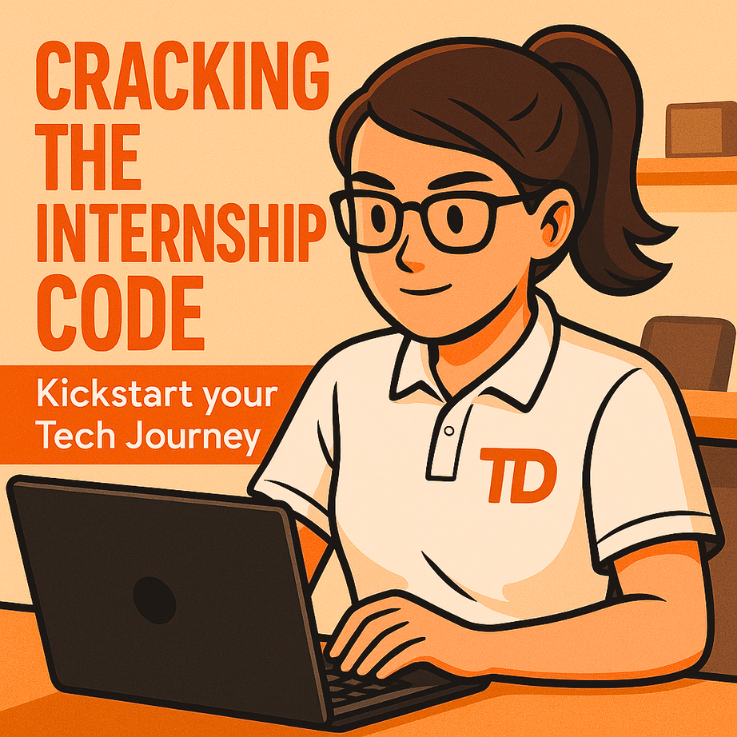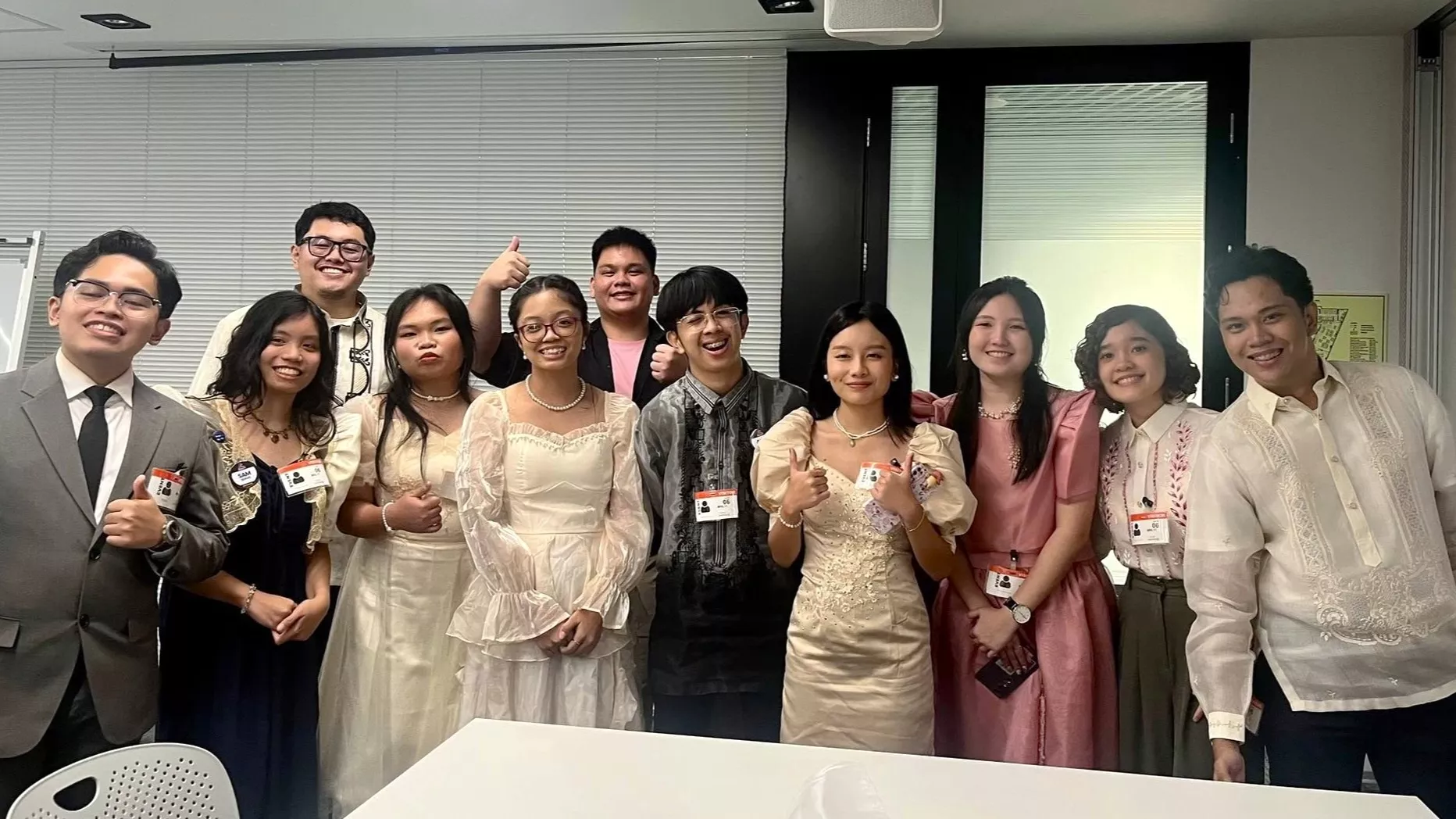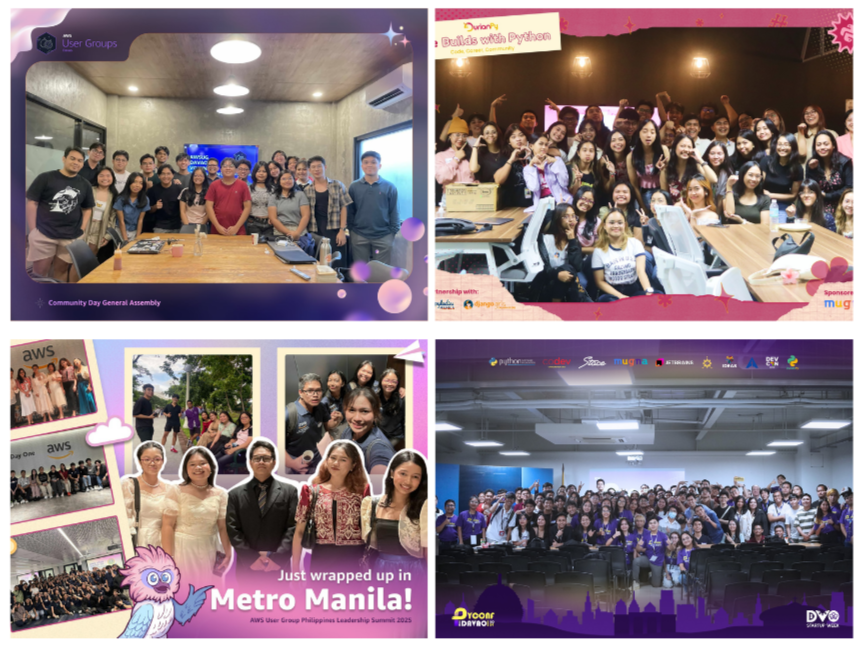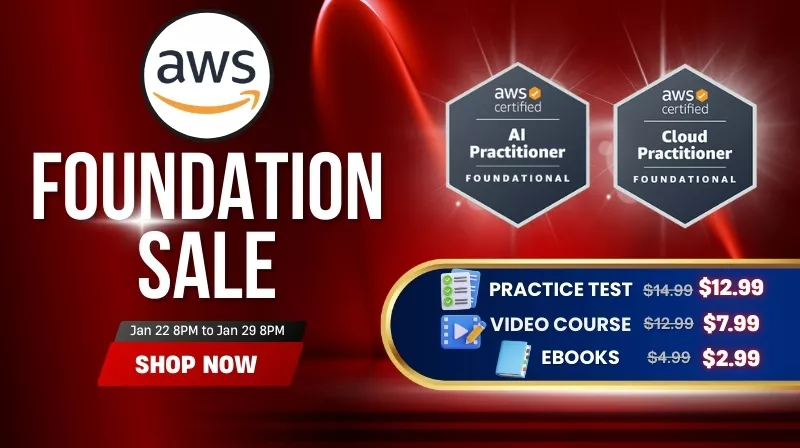Last updated on August 29, 2025
Picture this: You’re completely lost in your first Computer Science class. Everyone around you seems to know what they’re doing, while you’re still trying to figure out what “coding” actually means. That was me when I decided to pursue a tech-related course—zero programming knowledge, no clue what happens behind the scenes when you click a button on a website, and honestly? I just hoped to build cool websites people would eventually want to use. When I started college, I envisioned creating things that would make people’s lives easier or more enjoyable. But reality hit hard. I was overwhelmed, struggling to keep up with the hands-on activities, and feeling like everyone else had a head start I’d never catch up to. The guidance was there, but it wasn’t clicking fast enough for me. Maybe it was a “skill issue,” or perhaps I just needed more time. But instead of giving up, it fired me up. I knew I had to do something beyond the classroom to better my understanding and apply what I was learning. Fast forward to today, and I’m writing about landing my first internship before my required third-year On-The-Job (OJT) period. Not because I had perfect grades or was the smartest person in the room, but because I stumbled into something that completely changed how I think about building a career in tech. When I started my internship journey, I had no idea how much it would shape my learning and career development perspective. The benefits went far beyond what I expected from simply “getting work experience” – it bridged the gap between what I was learning in class and what actually happens in the real world. Little by little, I could see my textbook knowledge coming to life in actual projects. Suddenly, those abstract programming concepts weren’t just syntax to memorize—they were tools to solve real problems for real people. Starting early also gave me something invaluable: time to make mistakes or mess up and learn from them in a supportive environment. Instead of waiting until my third year when expectations would be sky-high and the stakes much greater, I had the luxury of being the eager beginner who was expected to ask questions, make mistakes, and get guided through it all, step by step. That psychological safety made all the difference. When you know it’s okay not to know something, you absorb information faster. You are not spending energy trying to look competent—you can focus entirely on actually becoming competent. Most importantly, it completely transformed my relationship with learning itself. In school, learning often feels like preparation, like storing up knowledge for “someday” when you’ll finally use it. But in an internship? Learning becomes immediate and purposeful. Every new skill you pick up directly impacts your ability to contribute that same week. That creates an entirely different kind of motivation that makes you more proactive about honing your craft than any grade ever could. The unexpected advantages kept coming: exposure to industry tools and practices not covered in class, understanding how teams collaborate on real projects, and getting a front-row seat to see how experienced developers think through problems. These weren’t things I could have learned from textbooks or even the best professors; they only come from being there, doing the work, and observing how the real world operates. Here are some of the key strategies that helped me land my internship, and they might work for you too: Since I had access to amazing tech organizations, I grabbed every opportunity to volunteer at their events and attend workshops. Did I understand half of what was being discussed? Absolutely not. But I showed up anyway. This hands-on involvement became my way of proving that showing up matters, even when you don’t know anything yet. What matters is being eager to learn and committing to these opportunities. Commitment is everything. When organizers see you consistently volunteering, participating, and genuinely trying to contribute, they remember you. Posting about tech and community events on social media was fun. I enjoyed sharing interesting ideas, posts with insightful speeches, and attending community events. I didn’t realize how this consistent sharing built my professional presence and showed my genuine interest in the field. It was more important to document my learning process and celebrate the community I was becoming a part of than to create the ideal LinkedIn post or attempt to become viral. This genuine involvement began to be noticed by others in the industry, which led to discussions I never would have had. The most valuable thing isn’t having connections; it’s having passionate individuals you can genuinely talk to and ask advice from. When you are active and truly committed to learning, people naturally become drawn to recommend you. They see your dedication and want to help you succeed. These aren’t transactional relationships. They are built on shared interests, mutual respect, genuine conversations about technology and career growth, and sometimes, on a personal level, where you can laugh and joke around genuinely. When opportunities arose, whether a challenging project, a new role in an organization, or even an internship, I learned to say yes immediately and figure out the details later. Being responsive and proactive in communication shows hiring managers that you’re not afraid to step out of your comfort zone. The key is embracing challenges head-on, even when (especially when) they feel intimidating. That eagerness to tackle the unknown often separates candidates who get opportunities from those who don’t. Building on those strategies, let’s talk about something that might surprise you: the connections that led to my internship weren’t made through formal networking events or LinkedIn cold messages. Before my internship experience, I thought “networking” meant awkward small talk and exchanging business cards at events. What I discovered was completely different and much more natural. The relationships that made the most significant difference developed organically through genuine community engagement. Instead of targeting specific people for specific purposes, I focused on being helpful and engaged wherever I was. The most valuable connections weren’t necessarily with the most senior people or influential companies. Sometimes, the most impactful relationships were with peers on similar journeys, or people who shared my genuine interests and values. What did I learn? Authentic engagement beats forced networking every single time. People notice when you’re genuinely interested in learning from others and contributing to your community, not because you handed them a business card, but because you asked thoughtful questions or shared something valuable. And look, don’t doubt yourself in this process—you have potential that others can see even when you can’t. When you’re being genuinely yourself and engaged, that comes through naturally, and it’s precisely what makes you someone worth knowing and recommending. Starting my internship, I quickly realized that the shift from student to professional came with a different learning curve. Everything felt new and a bit overwhelming, but embracing the uncertainty made the experience more manageable and rewarding. One of my most valuable lessons was that asking for help isn’t a sign of weakness but a professional strength. We’re often taught to figure things out first before raising our hands in school. However, in the workplace, asking questions early, especially when unsure, shows initiative and prevents missteps that could waste time. I remember being hesitant during my first few weeks, worried that asking too many questions might make me look unprepared. But we were encouraged and preferred to ask questions early rather than struggle silently and potentially head in the wrong direction, wasting valuable time. This shift in mindset from “I should know this” to “I should learn this efficiently” made an enormous difference in how quickly I could contribute meaningfully to projects. It also helped me build stronger communications and relationships with my colleagues, whose enthusiasm to assist and cooperate I appreciated. Let others see your progress—show it off, and don’t hesitate to ask for feedback. Your work reflects your effort, and being proud of your growth while actively seeking improvement shows a professional mindset that employers value. Your willingness to learn and adapt matters just as much as your technical skills. My internship opened avenues I never even knew existed, which is one of the things I am most grateful for. Beyond my daily work, it placed me in a space where growth was genuinely encouraged. As a result, I discovered that I was learning and doing more than I had ever thought possible. It also pushed me to face technologies that used to feel intimidating, and balancing work with my academic load taught me how to manage my time better and gave me a firsthand glimpse of what a healthy, uplifting work environment can look like. In addition, one of the best perks of this experience was the opportunity to pursue certifications. A feat that would have been much harder to accomplish on my own as a student. At first, the idea of taking a certification exam filled me with anxiety and self-doubt. However, I reminded myself that passing it would be a step forward in my journey to upskill—and a quiet moment of validation I could be proud of. Moreover, I had access to hands-on labs and practice exams that will help me build confidence and understanding through real-world scenarios. I also got to work with industry-standard tools and technologies not covered in school. This hands-on exposure gave me a firmer grasp of how things work and will continue to benefit me in academics and my career. Most importantly, this experience gave me clarity on the direction I want to take. While my academics laid the foundation, my internship helped me identify my strengths, interests, and the kinds of problems I enjoy solving. On top of that, it helped me build professional habits. Like effective collaboration, proper time management, and communication with teammates and clients. These are skills I’ll carry with me even in the workforce. Looking back, I remember questioning if it was too soon for me to take on work. I worried that juggling responsibilities might lead me to burn out, fall behind in academics, or eventually disappoint the people who trusted me. But instead of letting those thoughts hold me back, I chose to face them and commit to building better habits and a more intentional routine. It wasn’t easy, but it was worth it. I’m genuinely grateful for how this experience helped me grow. Not just as a student or intern, but as a person learning how to manage time, energy, and self-belief. There’s no single path to success. What matters most is choosing approaches that align with your goals, values, and current capacity. Whether you explore internships early, focus on academic excellence, or take a different route altogether, the most important thing is to start where you are and keep moving forward. Your journey is yours alone, and the point isn’t to copy someone else’s steps. Show up in your own way, ready to learn, grow, and make the most of every opportunity that comes your way.
The Foundation: Why Early Internships Change Everything
Skills and Advantages
Yes, You Can Get That Internship—Here Are Some Tips
Show Up to Everything (Even When You Feel Unqualified)
Social Media Engagement
Build Real Connections, Not Just Network Contacts
Say Yes First, Figure Out How Later
Your Network is Your Net Worth
On the Job: Embrace the Learning Curve
Beyond the Basics: Leveling Up Your Career
The Journey Continues
Want contents like this? Check out these articles:




















